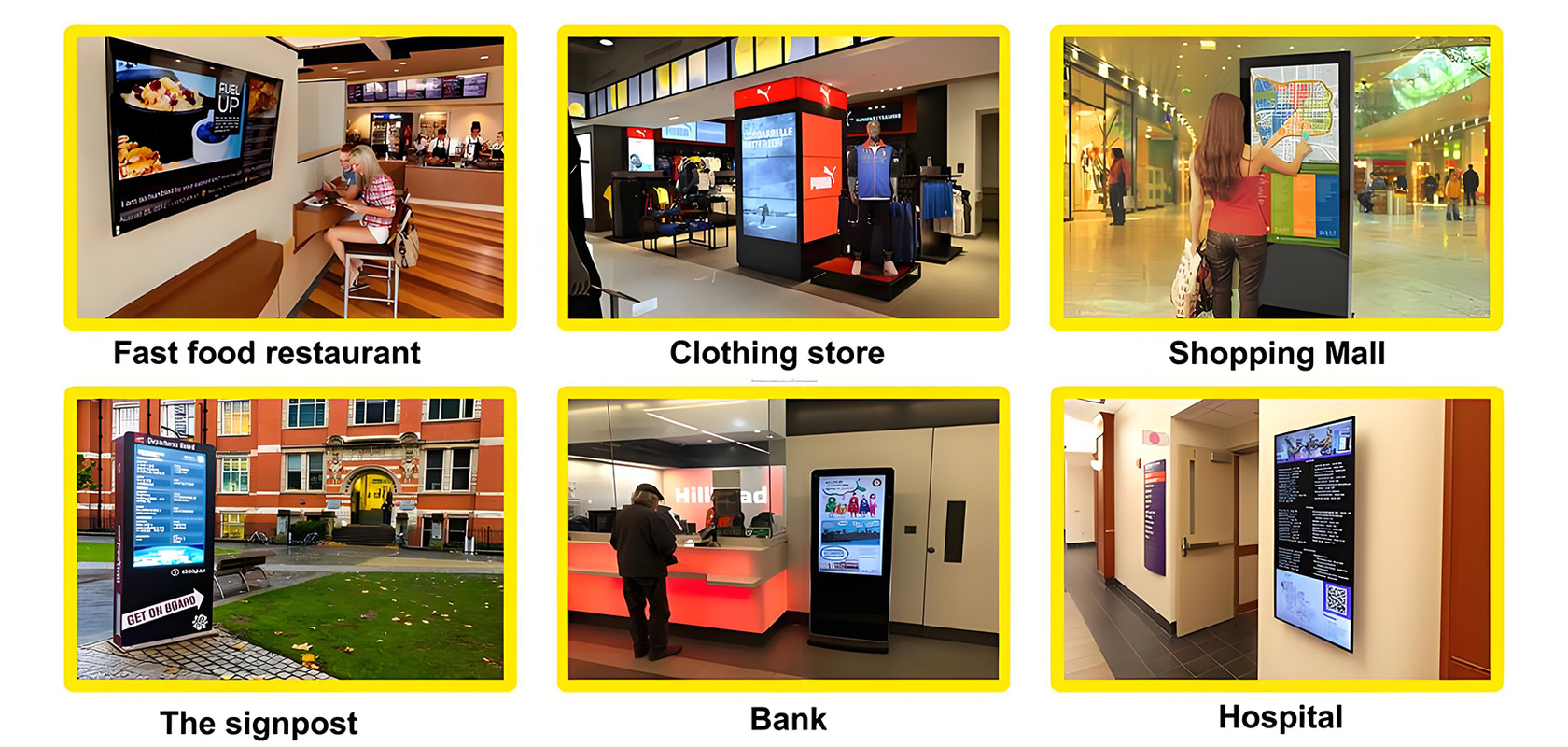Digital Signage Security: Protecting Your Investment
Digital Signage Security: Protecting Your Investment.In the modern era of digital transformation, digital signage has become a ubiquitous fixture in our daily lives, from advertising screens in shopping malls to informational displays in public transport. As businesses increasingly embrace this technology to engage with customers and convey critical messages, it's imperative to prioritize the security of these systems. Digital signage security is not just about preventing vandalism or theft; it involves protecting the content, network infrastructure, and data integrity from malicious attacks and unauthorized access.

Understanding the Risks
The first step in securing digital signage is to understand the potential risks involved. These systems are often connected to larger networks, making them vulnerable to the same threats that target any other networked device. Hackers might attempt to deface displays with inappropriate content, disrupt operations through denial-of-service attacks, or steal sensitive data transmitted through the system. Additionally, unsecured digital signage can be exploited as an entry point into the broader corporate network, posing significant risks to the organization's overall cybersecurity.
Securing the Hardware
Physical security is the first line of defense for digital signage. This includes ensuring that displays and associated equipment are securely mounted and, if possible, placed in locations that are not easily accessible to the public. Locks, alarms, and even surveillance cameras can be effective deterrents to physical tampering. Regular inspections and maintenance checks are also crucial to identify and address any potential issues promptly.
Strengthening Network Security
Network security is paramount in protecting digital signage. All devices should be connected to a secure, segmented network that is isolated from the main corporate network. This helps to minimize the potential damage in case of a breach. Firewalls and intrusion detection systems should be configured to monitor traffic and block any suspicious activity. Additionally, implementing strong encryption protocols for data transmission can prevent unauthorized interception of sensitive information.
Managing Content Securely
Content management is another critical aspect of digital signage security. It's essential to have a robust content management system (CMS) that allows for secure uploading, scheduling, and updating of content. Access to the CMS should be restricted to authorized users through robust authentication mechanisms such as multi-factor authentication. Regular audits and access logs should be maintained to track any changes or unauthorized access attempts.
Software and System Updates
Keeping the software and operating systems of digital signage up to date is crucial in maintaining security. Software updates often include patches for known vulnerabilities, reducing the risk of exploitation. It's important to have a regular update schedule and to test new updates in a controlled environment before rolling them out to ensure compatibility and stability.
Training and Awareness
Finally, the human element cannot be overlooked in digital signage security. Employees responsible for managing and maintaining these systems should be trained on best practices for security. This includes understanding the importance of strong passwords, recognizing and reporting suspicious activity, and following established security protocols. Regular security awareness training can help create a culture of vigilance within the organization.
In conclusion, digital signage security is a multifaceted challenge that requires a holistic approach. By addressing physical security, strengthening network infrastructure, managing content securely, keeping software up to date, and training employees, organizations can significantly reduce the risks associated with this powerful communication tool. Investing in these security measures is not just about protecting the hardware and software; it's about protecting the organization's reputation, customer trust, and bottom line. In an increasingly connected world, digital signage security is an essential component of any comprehensive security strategy.
Application scenarios of digital signage








